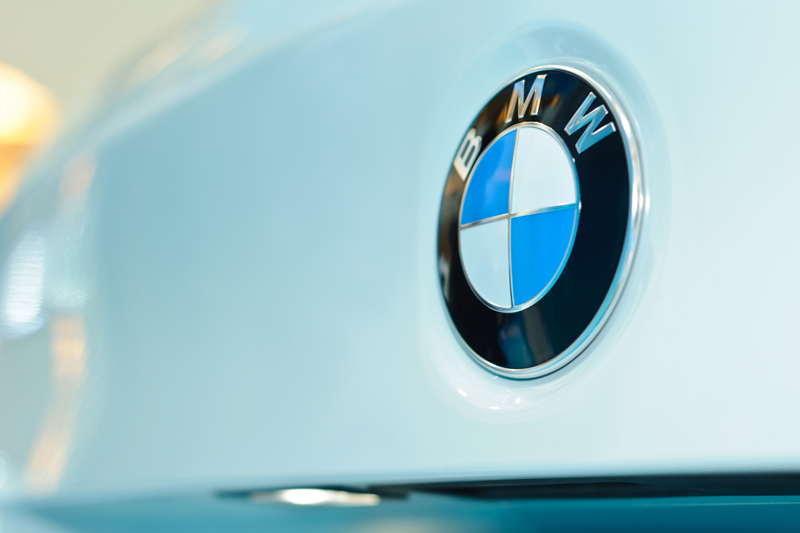Investing.com -- Here is your weekly Pro Recap of the past week's biggest headlines in the electric vehicle space: BMW electrifies Mini; Tesla on the cusp of a breakthrough; and UAW strikes back.
As always, InvestingPro users got these headlines at lightning speed. Never miss another opportunity to secure an edge for your portfolio.
BMW's electrifying investment
In a bid to fully electrify its Mini brand by 2030, BMW (ETR:BMWG) (OTC:BMWYY) announced a substantial investment of £600 million (£1 = $1.24) into its UK manufacturing plants, and BMW's Mini brand will produce two electric models - the Mini Cooper 3-door and the compact crossover Mini Aceman - at its Oxford plant starting in 2026.
BMW said the Oxford plant will transition to exclusive EV production by 2030, with many of these vehicles destined for international markets.
The company also expressed a commitment to incorporate European-manufactured batteries into these forthcoming models but left the supplier decision open, emphasizing that it hinges on market appeal.
This investment underscores BMW's determination to electrify its offerings, as well as the growing importance of EVs in the automotive landscape.
BMW shares rose about 1.4% for the week in both Frankfurt and New York, with the former closing Friday at €97.51 and the latter ending at $34.64. Each is up more than 13% year to date.
Tesla's manufacturing breakthrough
Tesla (NASDAQ:TSLA) is reportedly edging closer to employing die-casting techniques - a groundbreaking approach to EV manufacturing that aims create nearly the entire underbody of an electric vehicle as a single unit - rather than the roughly 400 components required for the conventional method.
Terry Woychowski of Caresoft Global told Reuters that this development will be a game changer for the industry, saying, "It is an enabler on steroids. It has a huge implication for the industry, but it's a very challenging task."
Unnamed sources in the reports suggest this technique could potentially allow Tesla to develop a car from the ground up in just 18 to 24 months, significantly outpacing the typical three- to four-year timeline for such projects. If realized, this could put Tesla at the forefront of EV manufacturing, leaving competitors racing to catch up.
Shares of TSLA ended the week up 3.9% to $274.39, and have surged more than 150% so far for the year.
UAW labor standoff begins
The United Auto Workers (UAW) union initiated a series of strategic strikes at specific plants, marking an unprecedented move in the labor dispute, after negotiations hit a roadblock between the management teams of three major American automakers.
The parties - UAW on one side and Ford (NYSE:F), General Motors (NYSE:GM), and Stellantis (NYSE:STLA) on the other - failed to reach an agreement on new contract proposals by the Thursday night deadline.
UAW President Sean Fain dubbed this tactic a "stand-up strike" that is aimed at disrupting the operations of all three automakers simultaneously. The initial wave of strikes targets key facilities, including the Ford Michigan Assembly Plant in Wayne, Mich., the Stellantis Toledo Assembly in Ohio, and the General Motors Wentzville Assembly in Missouri.
"This strategy will keep the companies guessing," Fain told workers during a Facebook Live event. "It will give our national negotiators maximum leverage and flexibility in bargaining. And if we need to go all out, we will. Everything is on the table."
A central issue in the dispute is the UAW's demand for salary increases that match the 40% raises recently granted to the CEOs of the Detroit 3 automakers. The companies countered with wage increases ranging from 17.5% to 20% over four and a half years, which the UAW considers inadequate.
The situation remains fluid, with both sides seeking a resolution.
Ford slipped marginally on Friday but was still some 1.9% higher for the week, while GM and Stellantis were in the green for Friday and respectively advanced 2.2% and 4.5% for the past five sessions.


